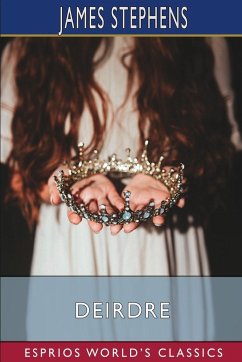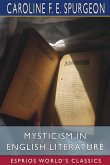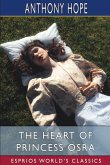James Stephens (9 February 1880- 26 December 1950) was an Irish novelist and poet. His father died when Stephens was two years old, and when he was six years old, his mother remarried, and Stephens was committed to the Meath Protestant Industrial School for Boys in Blackrock for begging on the streets, where he spent much of the rest of his childhood. By the early 1900s Stephens was increasingly inclined to socialism and the Irish language (he spoke and wrote Irish) and by 1912 was a dedicated Irish Republican. James Stephens produced many retellings of Irish myths. His retellings are marked by a rare combination of humour and lyricism. He also wrote several original novels (The Crock of Gold, Etched in Moonlight, Demi-Gods) based loosely on Irish wonder tales.
Hinweis: Dieser Artikel kann nur an eine deutsche Lieferadresse ausgeliefert werden.
Hinweis: Dieser Artikel kann nur an eine deutsche Lieferadresse ausgeliefert werden.








